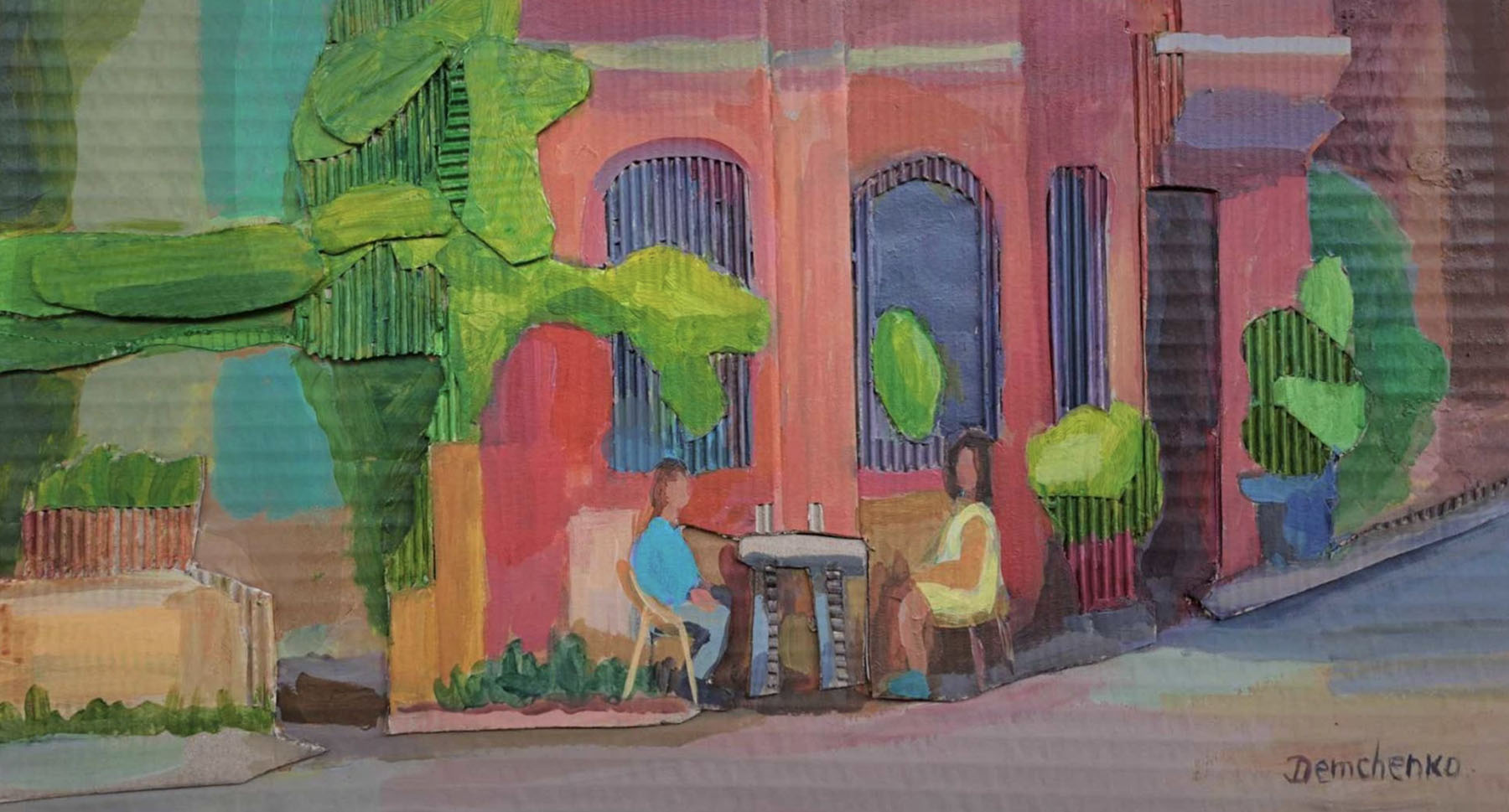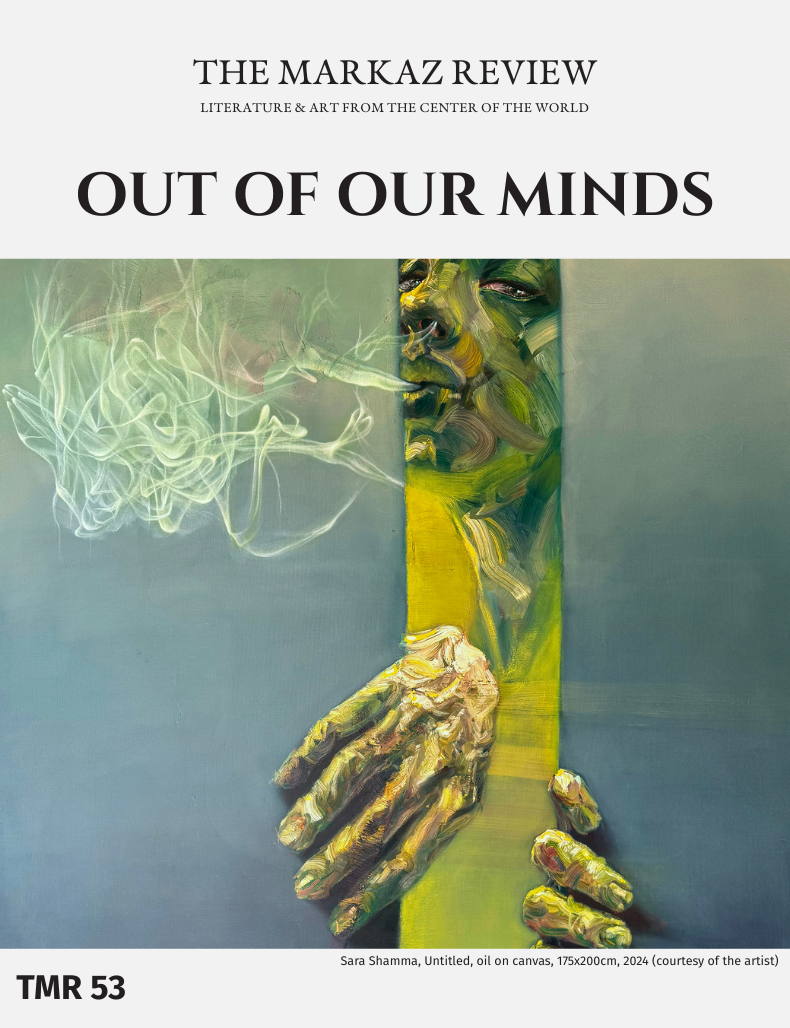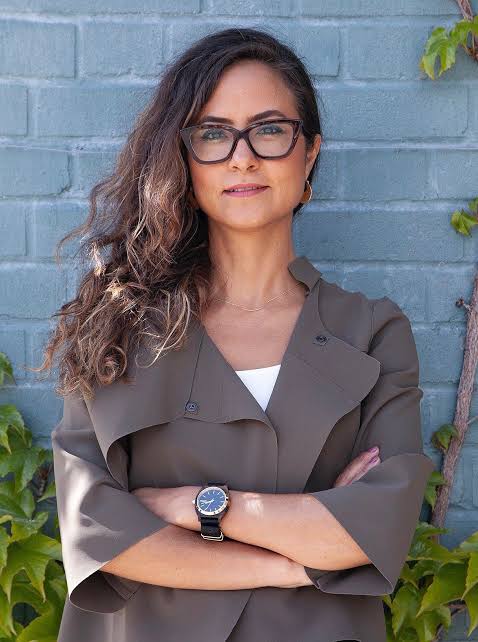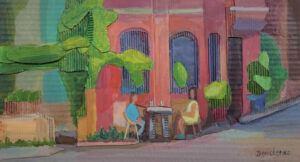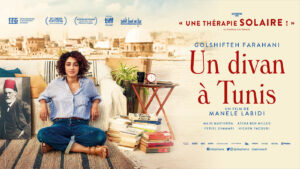A drink at a pub, a conversation about psychoanalysis, then an accident.
I encounter him for the first time. Let’s call him J. We meet in front of my local pub, at the intersection of two roads, one of them one way and the other, two. We arrive at the same time, greet each other gently, and walk into to the pub together. It is awkward to meet in real life, having exchanged only a few sentences that may or may not add up to a paragraph. I am told he is a psychotherapist. He thinks I am a writer who teaches.
We find a corner table in the old pub, facing others, away from the thin crowd. At the bar, he orders me a smoky single malt, somehow surprised I would enjoy it. He tells me he prefers beer; that he knows very little about whiskey or Scotch.
“Didn’t you complete your PhD in Scotland,” I ask, no less surprised.
Back at the table, we sit across from each other, a late afternoon. We begin to talk about therapy and different schools of thought in psychoanalysis. I tell him about my psychoanalyst; he speaks about his.
We dive into our current frames of mind: what we do to deal with the void — if we can, when we can. He sounds sincere. He opens up seemingly freely, as do I. It all feels familiar. I notice the pink circles around his eyes, remarkably visible on his pale skin. I wonder which drugs he takes to deal with the pain, of his own, of his patients. He tells me what he’s got in his bag.
We speak about Freudian and Lacanian analysis as alternatives. I ask him what he takes “madness” to mean. He recommends I read the Divided Self by R.D. Laing. I am not sure if it is then that he tells me about his deep despair, the heart crushing pain permanently tearing at his chest. As he describes that biting ache, I feel it viscerally in my body. I gasp for air.
I tell him I would like to smoke a cigarette, we walk out together, and seat ourselves at a pub table on the sidewalk. I face the intersection. J can glance it from the corner of his eye.
Shortly after rolling a cigarette, I see two bikes collide at the heart of the crossroad. This is how it begins, and this is how it ends. There stands a man entangled with his bike, stuck at the intersection, looking disoriented at the woman he has collided with. She cycles away. I ask the man to move away from the road. He appears intoxicated, drugged, both, or more. I offer to get him a glass of water. He refuses, yet I fetch it from the pub. I inform the bartender of a man with a bike standing outside with a bag full of broken glass. Once I leave the bar, I find the man with the bike beside our table on the sidewalk. He hesitates out loud whether to accept the glass of water extend to him.
“You are precious,” I feel the need to say, “please be careful next time.”
He tells me bluntly: “I don’t need your affirmation.” He goes onto complain about all the women who have hurt him, all that he has had to do to stay alive.
I ask him what he needs. I ask him what he wants.
“Love,” he says.
“Don’t we all?” I respond.
J listens. He watches us quietly as though absent from the scene. The man on the bike takes leave as we head off to dinner. As we walk, J wants to know what’s on my mind. He informs me he deals with “this segment of the population” all the time at his hospital ward. He tells me to protect myself, that “these people” often hurt others. As we sit down for dinner, J speaks more about the incident as he saw it. He says he’s found me to be “too naïve.” He laughs. I ask him why he is laughing.
Back at home, after an encounter I find difficult to conclude, I write hastily in my journal:
Bike accident
a Black man
and a white woman
collide at
intersection
Woman leaves
Man stays
in the middle of the road
entangled
with his bike
a liquid dripping
from his thin
plastic bag
now filled
with broken glass
I run to him
“Are you alright?”
The therapist
sits behind
at the sidewalk table
distant, observing
absent
telling me later
I got “too involved”
with the fallen man
I ask him, when?
he tells me
the moment I ran
to help the man
disentangle.



